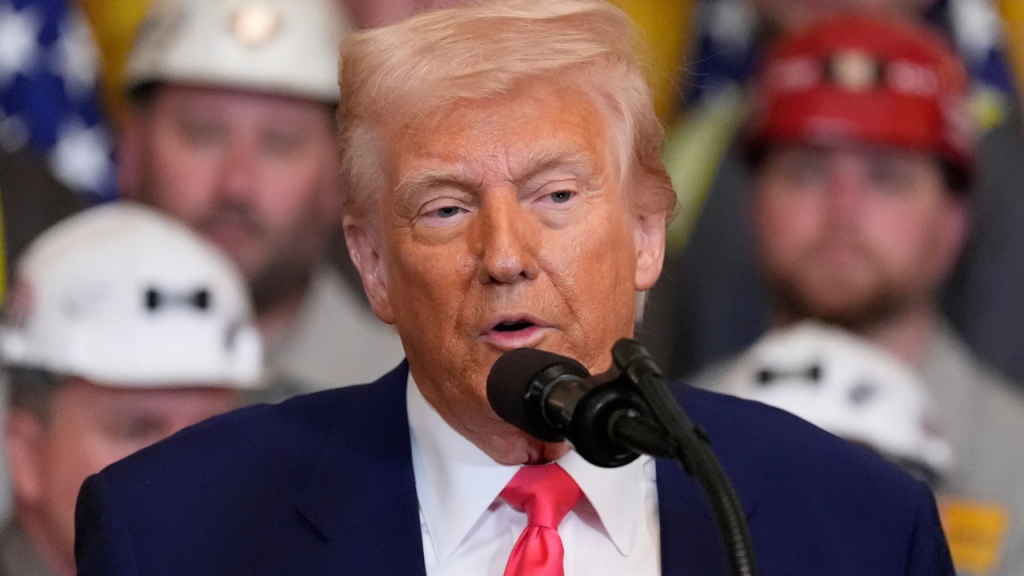
President Donald Trump expressed his openness to allowing a Maryland man, Kilmar Abrego Garcia, to return to the U.S. for a court hearing. Abrego Garcia had been wrongfully deported to El Salvador, and his case became a point of controversy after the Trump administration argued that he would “never” come back.
However, during an interview with Time Magazine to mark his first 100 days in office, Trump suggested that bringing Abrego Garcia back for a hearing wouldn’t be an issue, though he left the final decision to his lawyers. He added, “You could bring him back and retry him.”
While his lawyers advised against it, Trump made it clear that he wasn’t opposed to the idea, even though his administration had maintained that the decision about his return now lay with Salvadoran President Nayib Bukele.
Trump clarified that he hadn’t personally asked Bukele to facilitate Abrego Garcia’s return, stating that his lawyers hadn’t instructed him to do so. The issue of the deportation remains complicated, as the White House had previously rejected the Supreme Court’s ruling that mandated the return of Abrego Garcia.
In the same interview, Trump reaffirmed his desire to send “homegrown” criminals to foreign prisons, an idea that has raised legal concerns. Trump admitted that while such actions were not currently permissible under U.S. law, he would support them in “extreme cases” involving career criminals.
He emphasized that this could help ease the burden of housing criminals in the U.S. for long periods, particularly those who have committed violent crimes. Critics, including Senator John Kennedy, have strongly opposed this idea, calling it both unlawful and morally inappropriate.
Regarding his past remarks about wanting to acquire Greenland, the Panama Canal, and even suggesting that Canada become a U.S. state, Trump denied that he was simply “trolling.”
He stated that his comments about Canada were not jokes and explained that, given the U.S. trade deficit with Canada, he believed the only way to truly balance things would be for Canada to become a state. Trump’s statements about Canada have drawn protests and calls for boycotts, but he insisted he was serious about the proposal.
Trump also reflected on his previous stance on tariffs, indicating that he would consider it a “total victory” if the high tariffs he imposed on foreign goods remained in place a year from now.
Despite causing economic turmoil, including a stock market plunge, Trump remained firm in his approach to trade, comparing the U.S. to a “giant store” that could set its prices, effectively leveraging tariffs as a bargaining tool.
Another significant point in the interview was Trump’s stance on Ukraine, particularly regarding Crimea. He expressed his belief that Crimea would remain with Russia, emphasizing that both Ukrainian President Zelenskyy and the international community had come to terms with this fact.
Trump also stated that Ukraine would never be able to join NATO, a position that has sparked criticism, especially from those who support Ukraine’s territorial integrity.
Trump also raised eyebrows when he spoke about potentially supporting a tax increase for the wealthy if it were politically feasible. Though he appeared open to the idea, he clarified that he would only support it if it wouldn’t hurt his chances of winning the next election, reflecting his concern about political ramifications.
As he continues to navigate his second term, Trump’s positions on these issues remain divisive and continue to provoke strong reactions from both supporters and critics alike.
